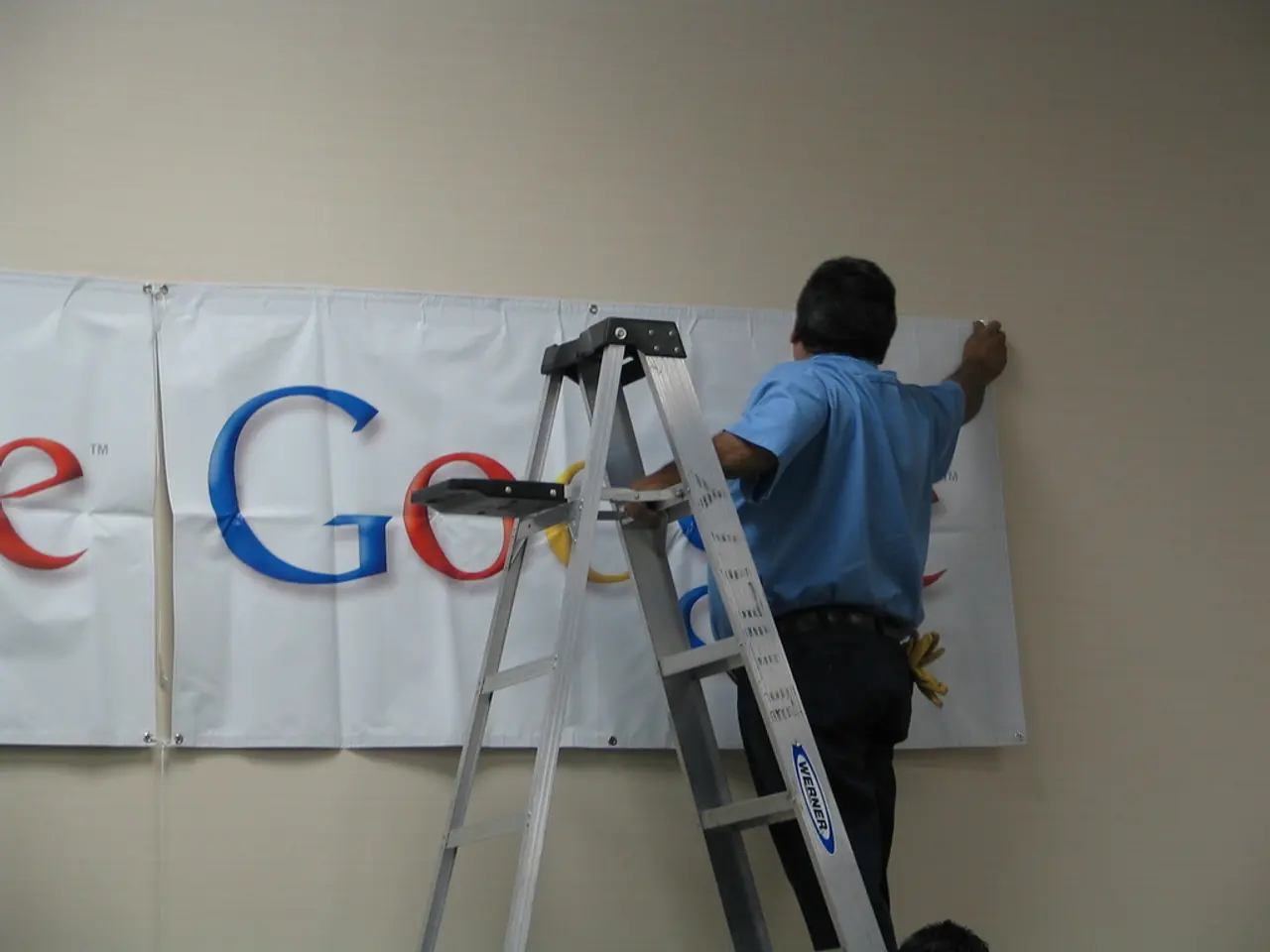Google's March 2025 core update scrutinizes the caliber of your content.
In the digital landscape, the focus on high-quality content has never been more pronounced. The E-E-A-T (Expertise, Experience, Authority, Trust) framework is now a litmus test for sites, with those that reflect real expertise, show clear authorship and trust signals, solve actual problems for the audience, and are written by someone who's been there likely on solid ground.
The shift towards quality over quantity is palpable. Depth over breadth in content creation is becoming the norm. It's better to publish one useful, well-structured article than five shallow ones. Content that answers questions thoroughly and anticipates follow-ups is rewarded.
Google's direction is now towards focusing on the overall quality and purpose of an entire site, not just a few strong-performing pages. Good enough content no longer cuts it, and everything points to the fact that Google is rewarding helpfulness and removing content that is thin, unoriginal, or created to game the algorithm.
Old, irrelevant content can harm domain quality. Hundreds of older blog posts, never updated, no longer relevant to your brand or audience can erode your domain quality. Clear authorship and transparency is crucial. Who wrote it? Why are they credible? Is it up to date? This all contributes to trust - and trust is ranking currency now.
Stop publishing for the sake of publishing. If your content calendar is driving quantity without quality, pause. Invest in fewer, stronger pieces instead. One valuable post a month beats four that say nothing new. Show your expertise. Use real bylines. Include bios. Quote subject matter experts. Add links to original data. If you're an expert in your field, your content should reflect that.
Winners of the update include sites like Reddit and Yelp, which have seen increased visibility due to their user-generated content rich in first-hand experience, detail, and authenticity. Anonymous and generic content is less likely to rank. If Google (or a user) can't tell who wrote it, why they're qualified, or where your data came from, it's less likely to rank.
Specificity and originality is important. Say something useful. Say it in your own voice. Add insight from your work, your data, your clients, your perspective. That's the difference between content that performs and content that just... exists.
Get ruthless with outdated or generic content. You don't need to nuke your blog, but you do need to be honest about what's actually helping your users - and what's just lingering. What posts can you improve on? What can be consolidated? What can be removed?
Content currently under the microscope includes AI-generated or overly templated content, keyword-first, value-second pages, and outdated content libraries. First-hand experience is prioritized. Google is prioritizing content created by people with actual knowledge of the subject - not just people who know how to rank.
The impact of the update has been uneven, with some sites experiencing sharp drops in traffic, others seeing a lift, and many barely affected. Audit your site's content quality. Don't just look at traffic - look at usefulness. Would someone genuinely benefit from this page? Or is it just taking up space?
Sites taking a nosedive include those with large volumes of low-quality or auto-generated content, such as programmatic pages created at scale, AI-written articles with minimal human input, generic how-to posts that add nothing new to the topic, and old content archives left to stagnate.
The Google core update in March 2025 has made it clear that Google is no longer lenient towards low-value content. The update continued efforts to prioritise high-quality, helpful content and penalised sites relying heavily on purely SEO-optimized content without genuine value, causing ranking drops for such sites. To counteract this, site owners should focus on creating authentic, user-focused, and high-value content rather than manipulating search algorithms with keyword stuffing or low-value SEO tactics.
Read also:
- Minimal Essential Synthetic Intelligences Enterprise: Essential Minimum Agents
- Tesla is reportedly staying away from the solid-state battery trend, as suggested by indications from CATL and Panasonic.
- UK automaker, Jaguar Land Rover, to commit £500 million for electric vehicle manufacturing in Merseyside
- Fast-food chain Subway joins the trend of plant-based alternatives, introducing a Beyond Meat meatball sub.






